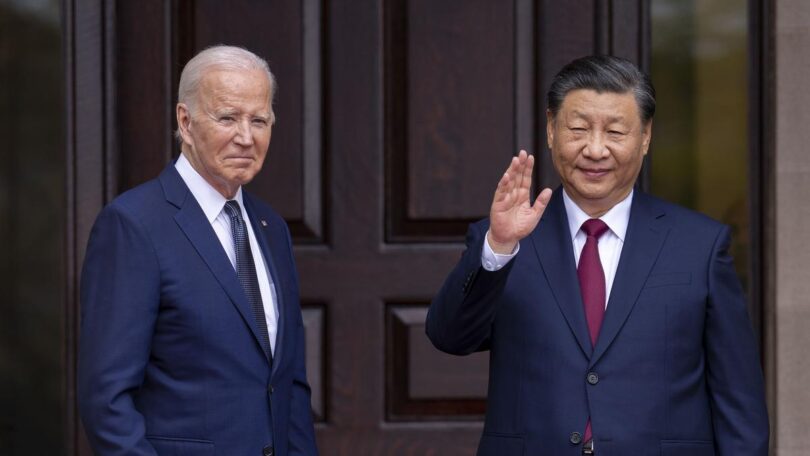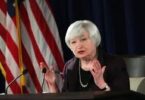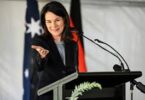SAN FRANCISCO: President Biden said that four hours of discussion with President Xi Jinping of China had brought about two significant agreements, on curbing fentanyl production and on military-to-military communications. But both American and Chinese accounts of their first encounter in a year indicated little progress on the issues that have pushed the two nations to the edge of conflict.
For a summit that had so many issues to address it is striking that the president only took four questions, with reporters carefully vetted by his aides, and two follow-ups. Taiwan remains the biggest point of contention between the two nations. The January presidential elections will be a test. Biden and his aides are watching for what China intends to do — will it engage in cyberinterference, for instance? Will it try to use military means, possibly lobbing missiles around the island, to try to scare the Taiwanese into voting for a party more favorable to China? US officials are bracing for any surprises from China.
The absence of any mention of climate change also speaks to the fact that the agreement announced last night between the United States and China is hardly groundbreaking. It takes some important technical steps, but it does nothing to rein in China’s rapid expansion of coal-fired power plants. It’s truly stunning that he didn’t even mention climate change. It really undercuts the Biden administration’s insistence that they see it as a key foreign policy and national security issue.
Biden is asked if he’d still refer to Xi as a dictator. “Well, look, he is,” the president replies. Biden says he has not put a time limit on when he might urge the Israeli military to cease its ground invasion of Gaza. “I think it’s going to stop when Hamas no longer maintains the capacity to murder, abuse and just do horrific things to Israelis.” Biden said that, at this point, Hamas still could, and still maintains weapons and technology underneath Gazan hospitals. “I don’t think it ultimately ends until there’s a two-state solution.”
Biden said the end point for the Israel-Palestinian conflict should be a two-state solution that is “real.” He said he has been negotiating with Arab nations on the next steps. He reiterated the idea that Israel should not occupy Gaza. Biden mentioned the US has been working closely with the Qataris on getting Israel and Hamas to agree to a group hostage release by Hamas. The two sides have been discussing a release of about 50 to 100 women and children. Biden mentioned Israel agreeing to a “pause,” but then backtracked and said he didn’t want to get into details.
Biden is boasting of his administration’s strengthened military agreements with Australia and the Philippines, as a way of countering China. He also mentioned the Quad, a nonmilitary partnership among the US, India, Australia and Japan. Asked if he trusted Xi on his willingness to regulate fentanyl precursors, another exchange he framed as a diplomatic achievement of this summit, the president says: “trust but verify, as the old saying goes. That’s where I am. We’re in a competitive relationship. My responsibility is to make this rational and manageable so it doesn’t result in conflict. That’s what I’m all about.”
Biden said he told Xi that the US does not want China to interfere in any way in Taiwan’s affairs. Taiwan has a presidential election coming up in January. It’s notable that when listing the agreements reached with China, Biden didn’t mention a promise of joint cooperation that his climate change envoy, John Kerry, struck with the Chinese government. Biden says that he made clear that the US disagrees with China’s “nonmarket” economic practices and that his administration will continue to address with them. — The NY Times







